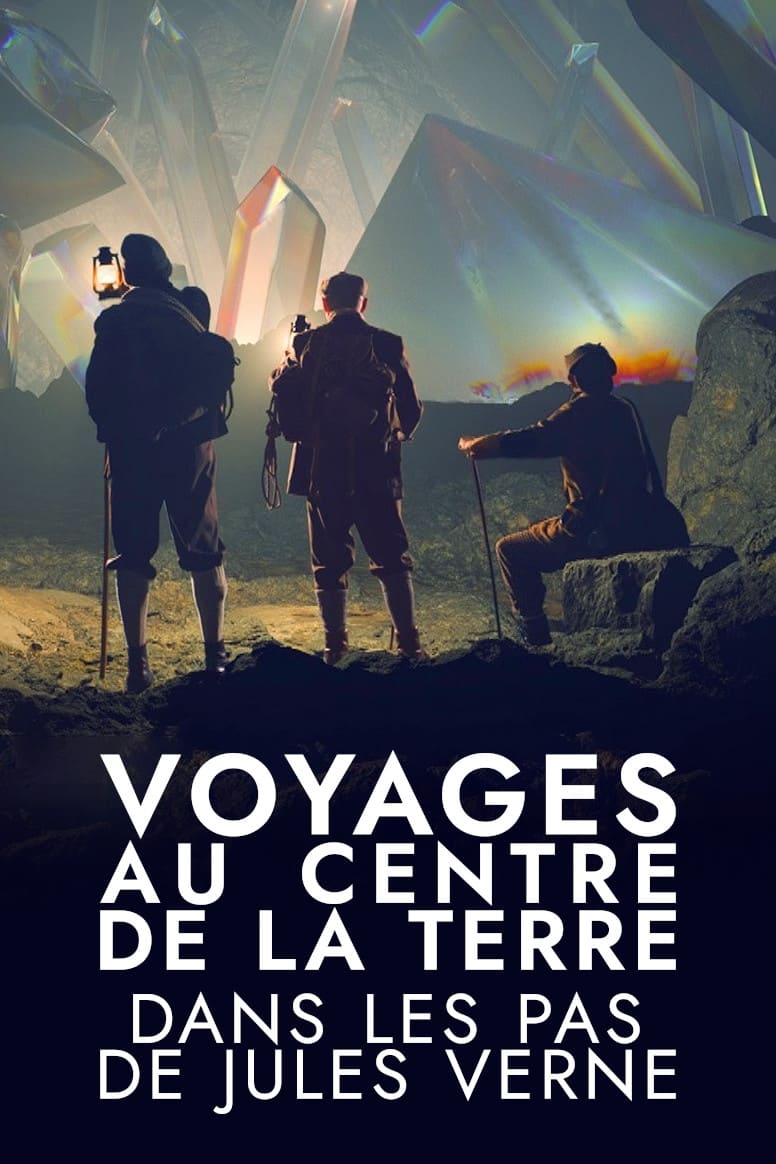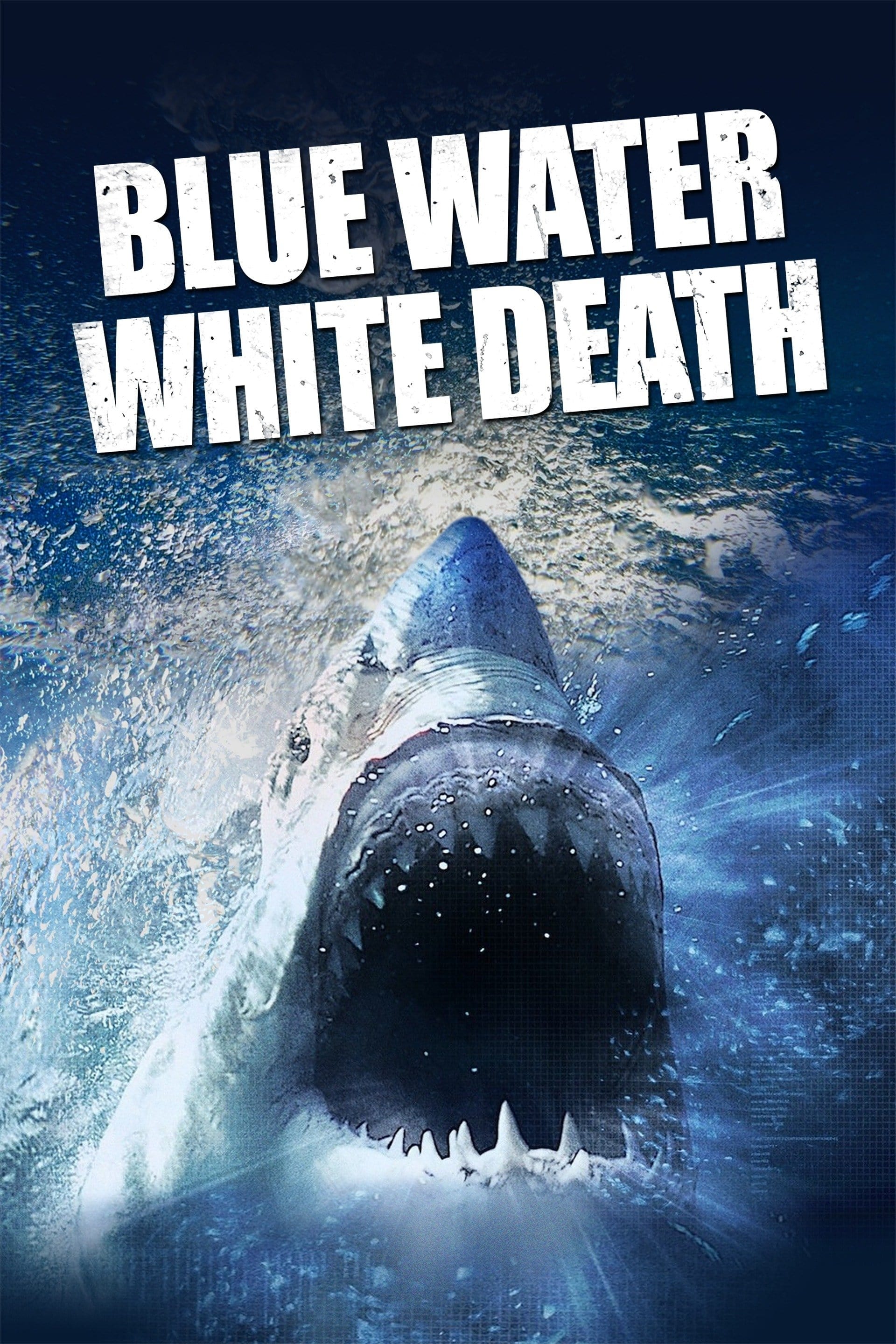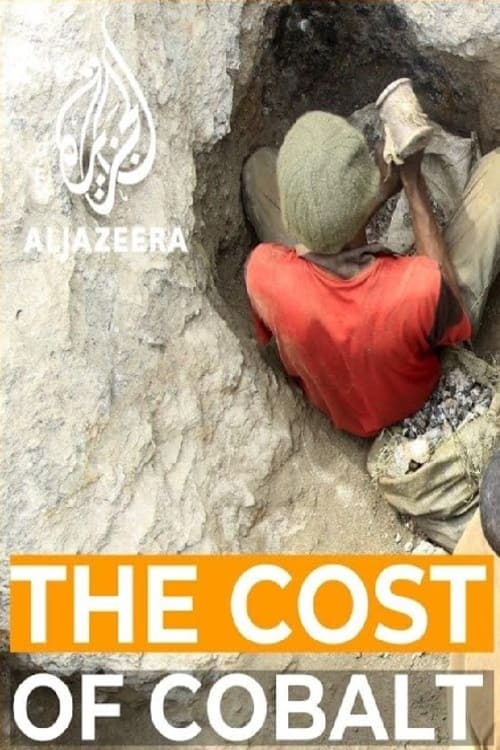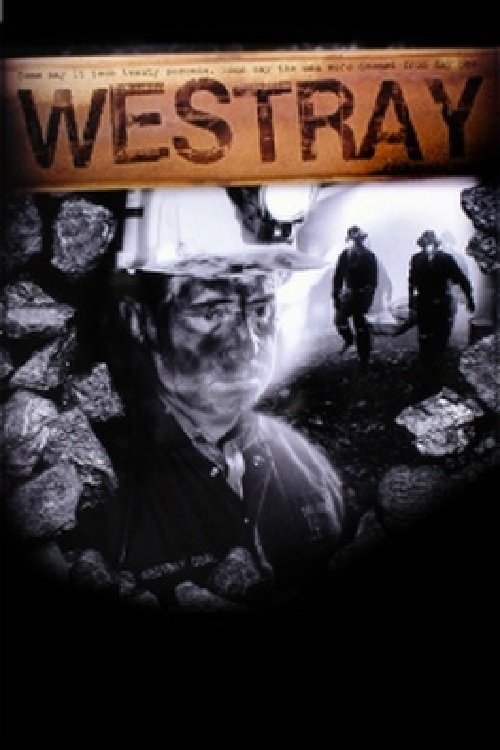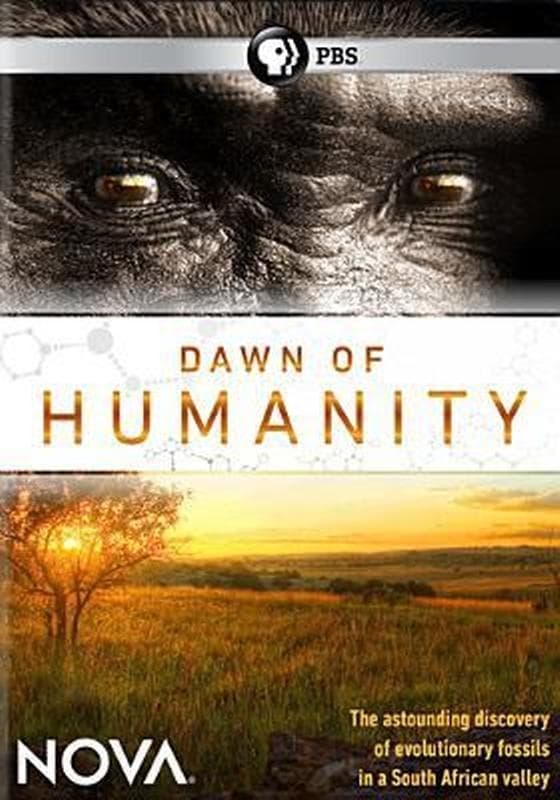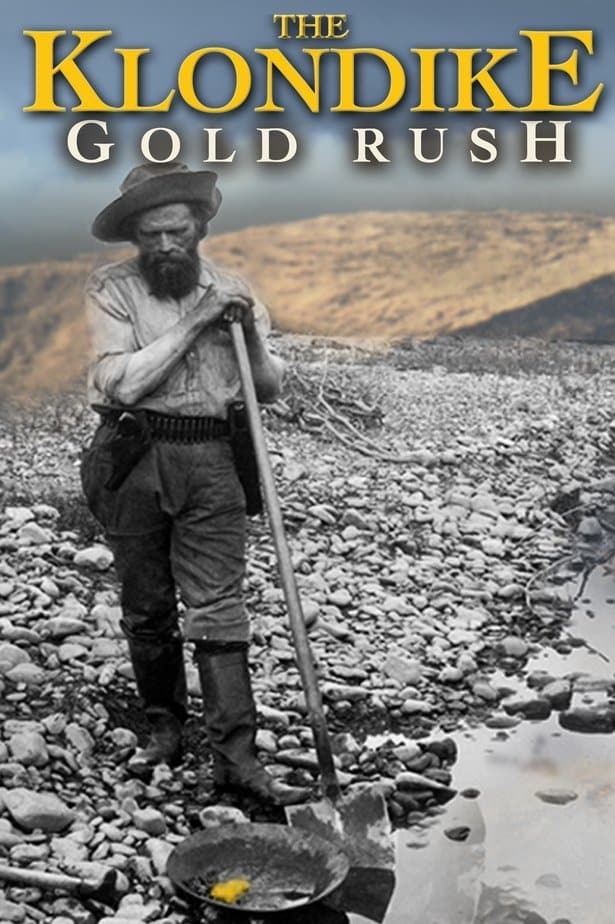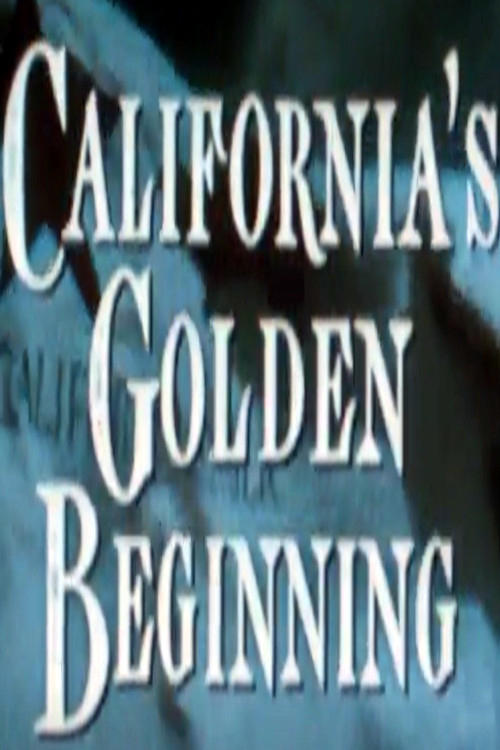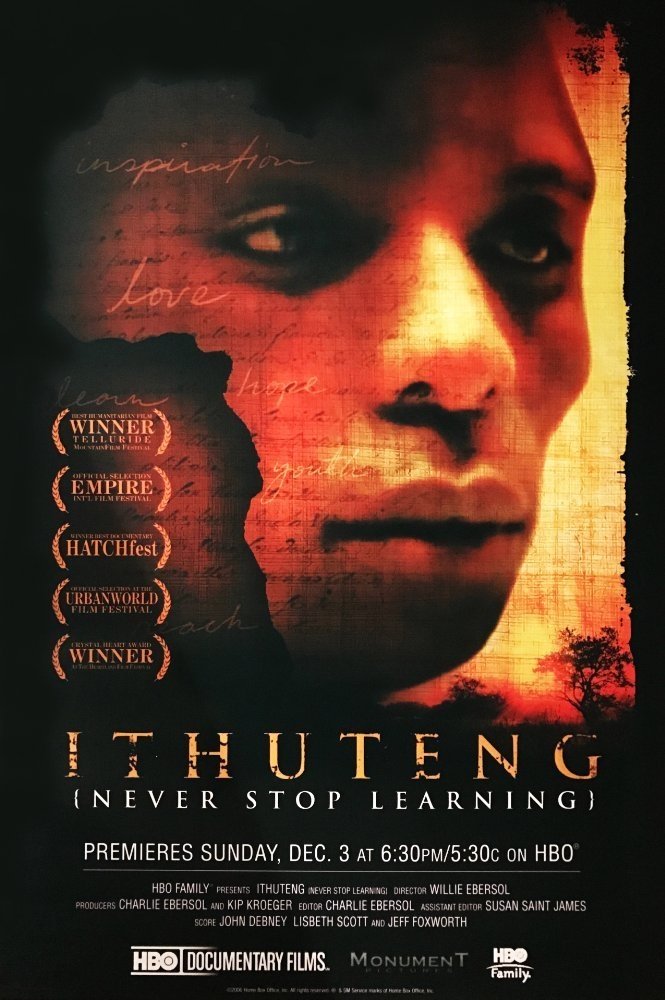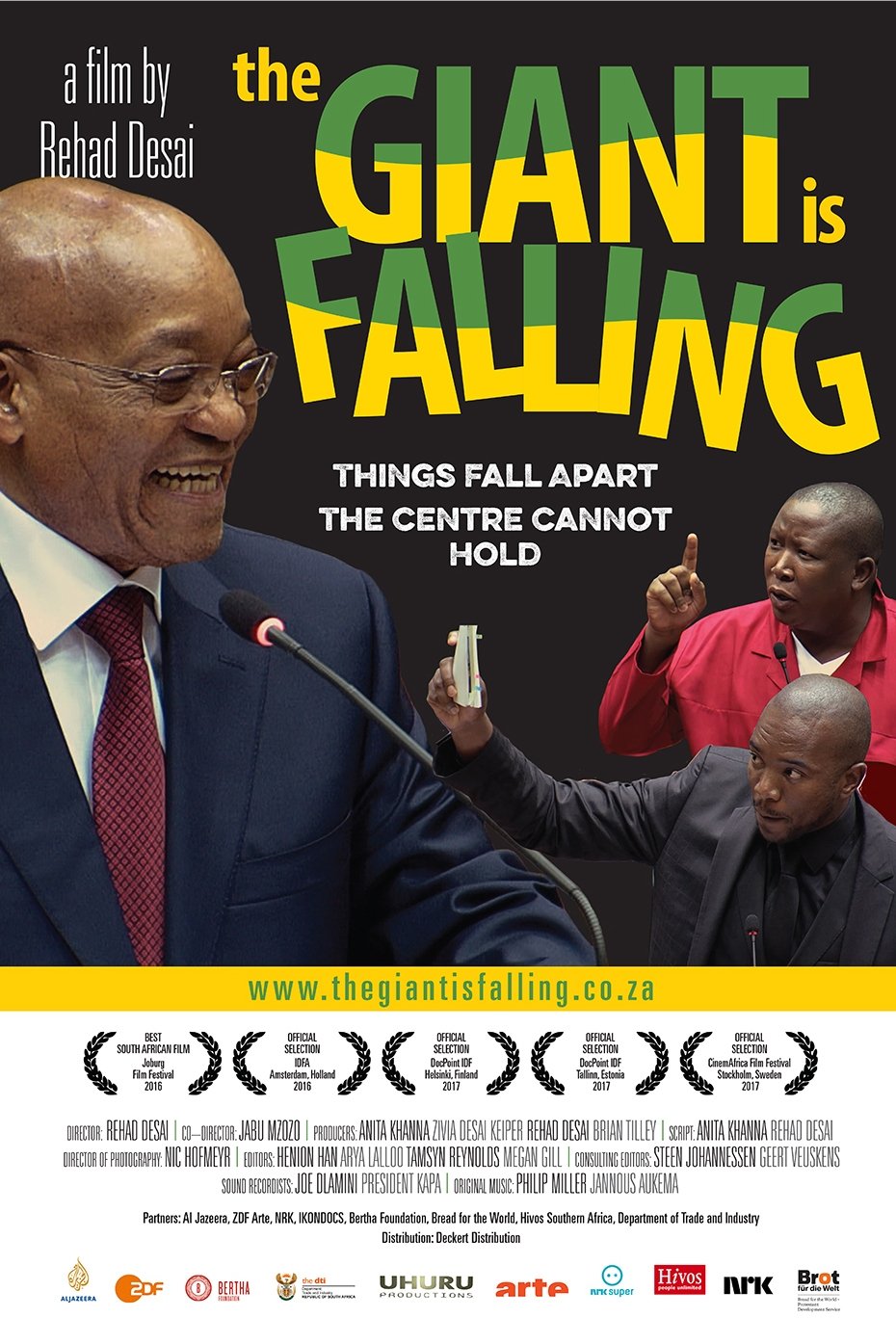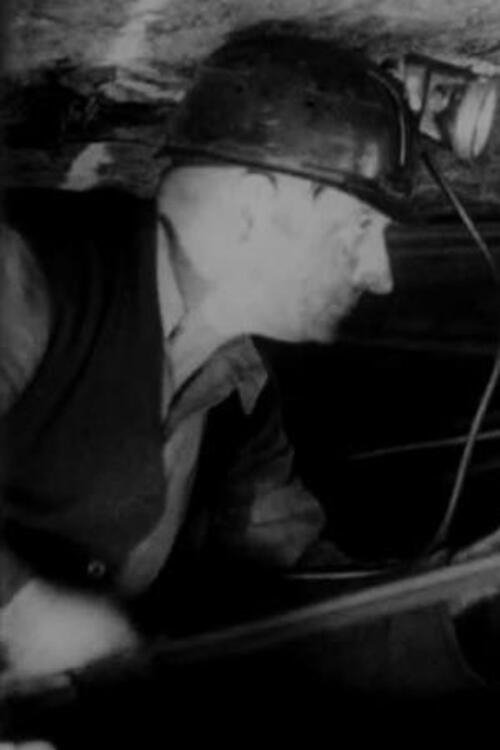My Song Goes Forth
Watch Movie
Share
My Song Goes Forth
1937
0h 40m
0.0(0 votes)
Documentary
Overview
Featuring Paul Robeson, this is the first documentary film to take a serious look at social conditions and race relations in South Africa.
Links & Resources
Social & External
Cast & Crew
1 member
Acting
Paul Robeson
Self
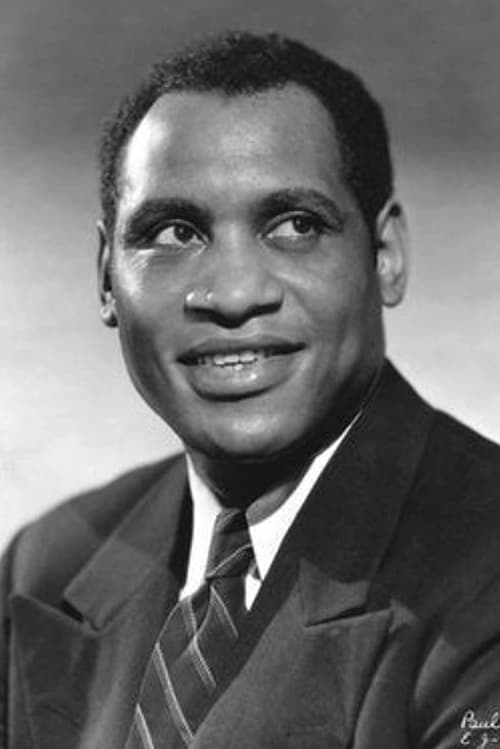
Similar Movies
Recommended Movies

No Recommendations Yet
We're working on finding the perfect movies for you. Check back soon!
More movies coming soon

